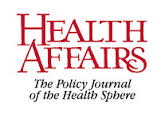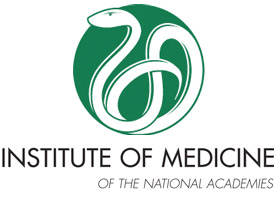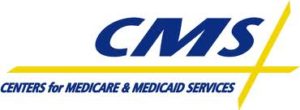Unleashing Nurse Practitioners Could Save PA Billions, Report Says
A new report suggests that enabling nurse practitioners to practice without collaborating physicians could save Pennsylvanians $6.4 billion in health care costs over the next ten years.
In addition, nurse practitioners are more likely than physicians to serve in rural and medically underserved areas and would provide primary care at a time when the state is facing a predicted shortfall in primary care physicians.
 Twenty-one states already permit nurse practitioners to practice without a collaborating physician.
Twenty-one states already permit nurse practitioners to practice without a collaborating physician.
The study, “Value of Full Practice Authority in Pennsylvania,” was performed by law students at the Duke University School of Law and underwritten by the Pennsylvania Coalition of Nurse Practitioners. Find the study here.







